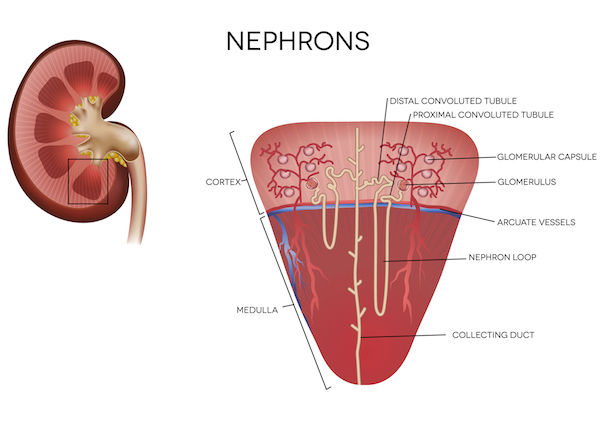
THURSDAY, May 15, 2014 (HealthDay News) — Kidney patients may make real strides against death or disability by routinely walking, a new study shows.
Reporting online May 15 in the Clinical Journal of the American Society of Nephrology, Taiwanese researchers found that regular walks helped kidney disease patients live longer, and also cut the odds they’d need dialysis or a kidney transplant.
“A minimal amount of walking — just once a week for less than 30 minutes — appears to be beneficial, but more frequent and longer walking may provide a more beneficial effect,” study co-author Dr. Che-Yi Chou, of China Medical University Hospital in Taichung, said in a journal news release.
His team tracked outcomes for more than 6,300 Taiwanese people with chronic kidney disease (CKD), who averaged 70 years of age. The patients were followed for an average of 1.3 years, and about 21 percent of them called walking their most common form of exercise.
Overall, patients who walked cut their risk of dying within the study time frame by a third, and they were 21 percent less likely to need dialysis or a kidney transplant, compared to those who did not walk.
And the more that patients walked, the greater the benefits. Compared to non-walkers, those who walked 1-2, 3-4, 5-6 and 7 or more times a week were 17 percent, 28 percent, 58 percent, and 59 percent less likely to die, respectively, the researchers said.
They were also 19 percent, 27 percent, 43 percent, and 44 percent less likely to need dialysis or a kidney transplant, respectively.
The difference wasn’t pinned to the walkers being healthier than the non-walkers — The researchers note that walkers and non-walkers were equally likely to have other health problems, such as heart disease and diabetes.
Even with other health issues, many kidney patients “were able to walk if they wanted to, and walking for exercise is associated with improved patient survival and a lower risk of dialysis,” Chou said.
More information
The National Kidney Foundation has more about chronic kidney disease.
Copyright © 2026 HealthDay. All rights reserved.

